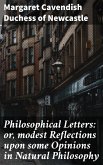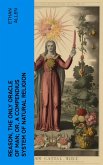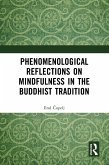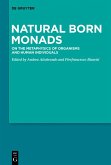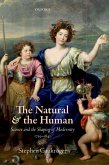In "Philosophical Letters: or, Modest Reflections upon some Opinions in Natural Philosophy," Margaret Cavendish Duchess of Newcastle provides a profound engagement with the scientific debates of the 17th century. This innovative work merges personal reflection with a rigorous examination of natural philosophy, demonstrating Cavendish's unique voice within the male-dominated intellectual landscape. The letters encapsulate not only a critique of contemporary scientific thought but also an exploration of the intricacies of existence and the role of women in scholarly discourse, blending literary elegance with philosophical inquiry. Margaret Cavendish, one of the foremost figures of early modern feminism, was a prolific writer, scientist, and political theorist. Her exposure to the scientific community-through her marriage to a notable nobleman and her interactions with philosophers like Descartes-shaped her progressive views on gender and intellectual authority. Cavendish's desire to be a recognized thinker reflects her challenge to societal norms, making her a pivotal figure in the evolution of women's intellectual contributions in the Enlightenment. This book is highly recommended for readers interested in the intersections of gender, philosophy, and science. It invites readers to reflect on the often-overlooked perspectives of women in the development of natural philosophy, offering rich insights that remain relevant in contemporary discussions on gender and knowledge.
Dieser Download kann aus rechtlichen Gründen nur mit Rechnungsadresse in A, B, BG, CY, CZ, D, DK, EW, E, FIN, F, GR, H, IRL, I, LT, L, LR, M, NL, PL, P, R, S, SLO, SK ausgeliefert werden.



